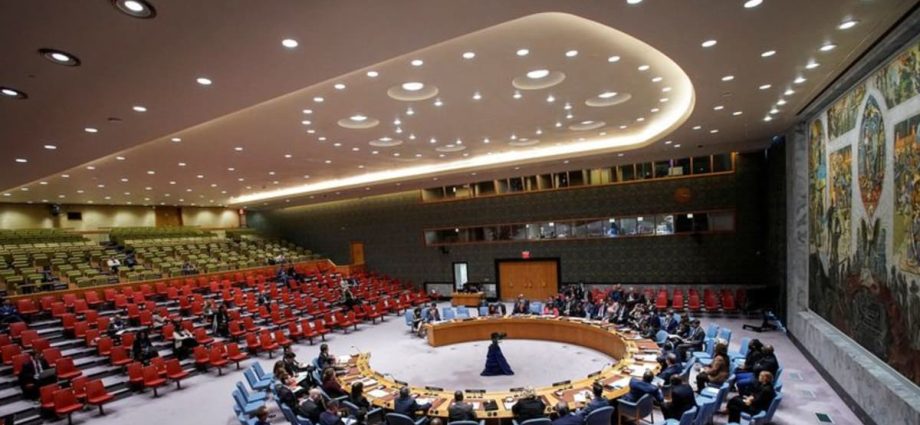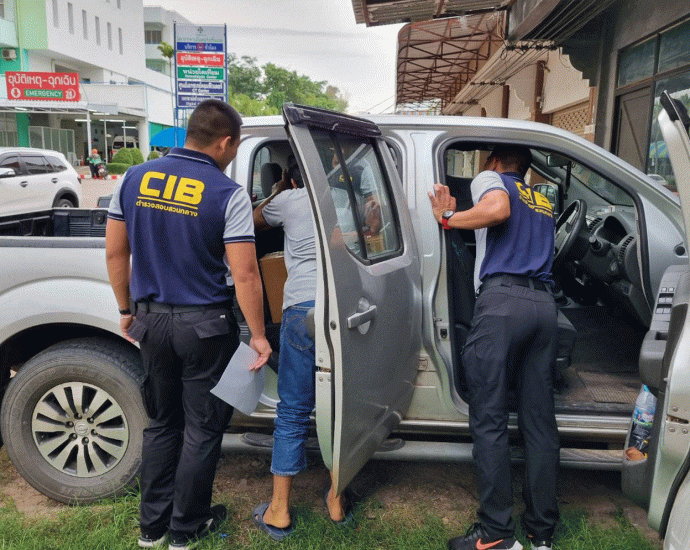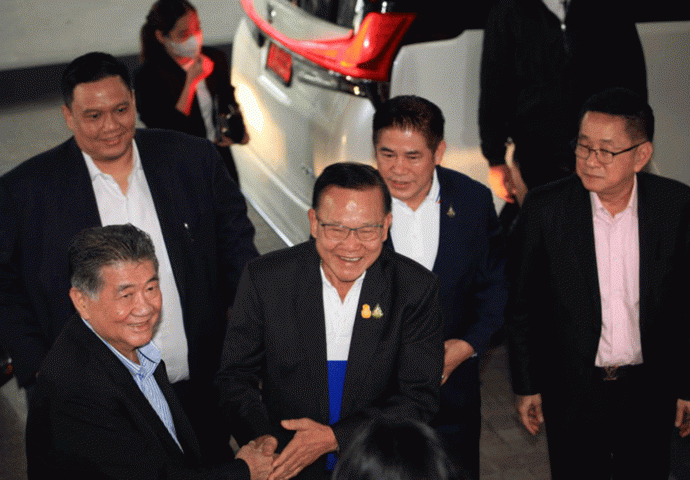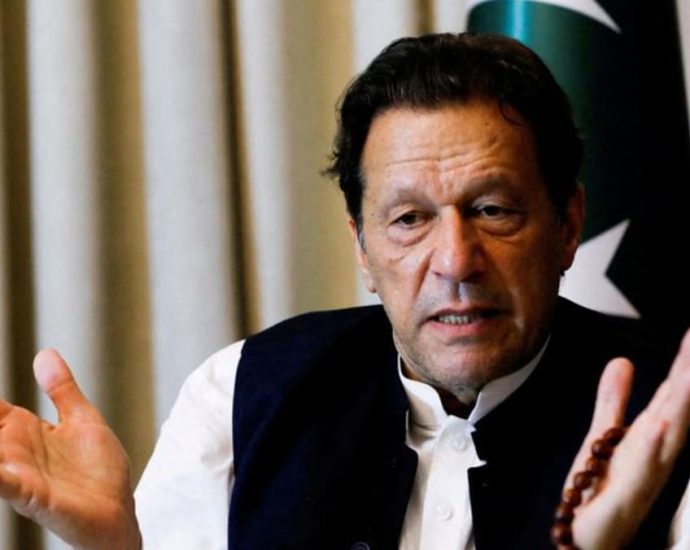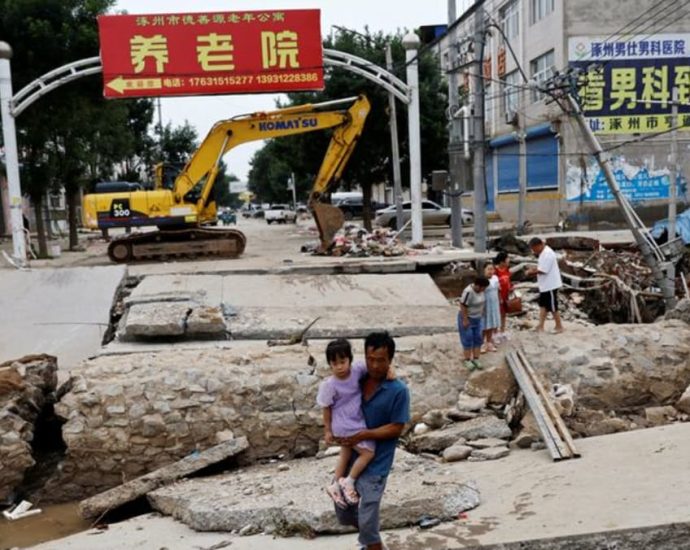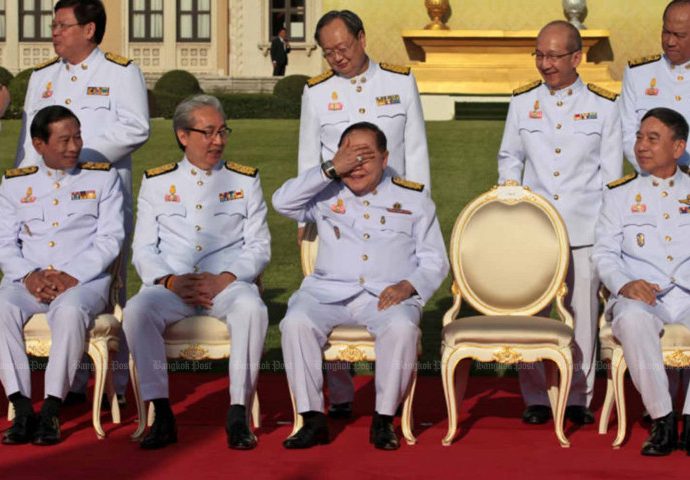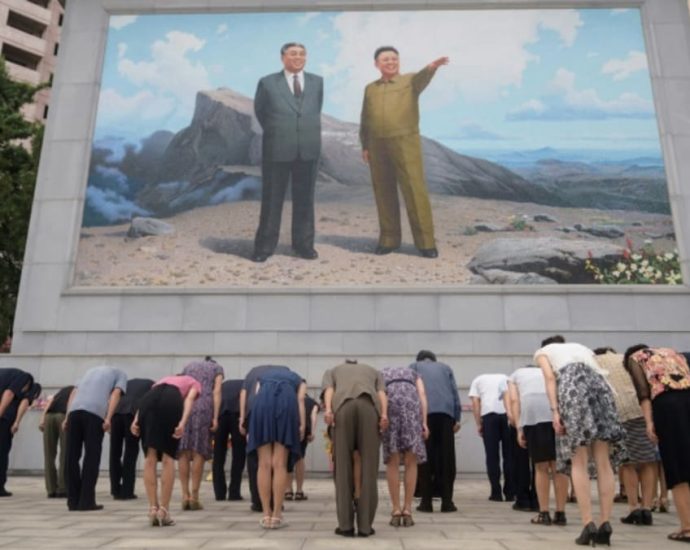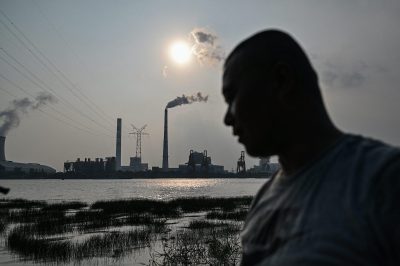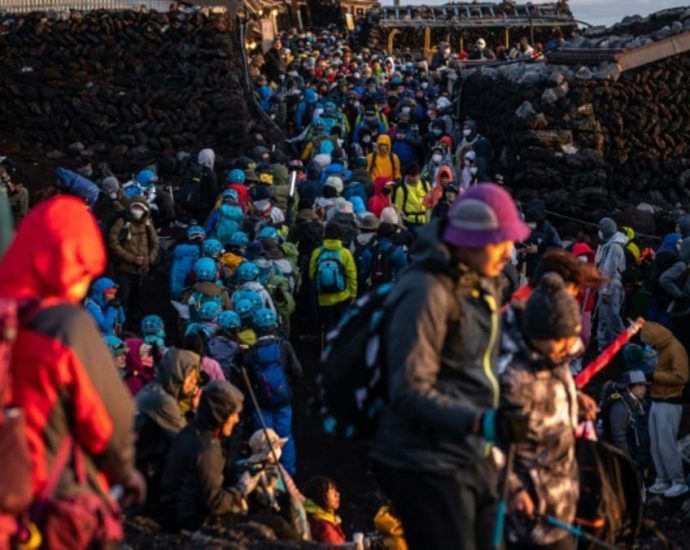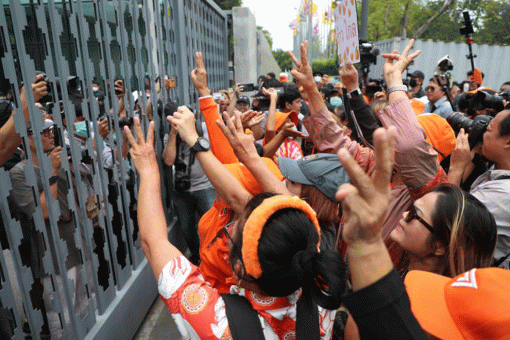UN Security Council to meet on rights abuses in North Korea
UNITED NATIONS: The United Nations Security Council will meet publicly to discuss human rights abuses in North Korea next week, a move requested by the United States, Albania and Japan that is likely to anger Pyongyang and face opposition from China and Russia. It will be the first formal publicContinue Reading

